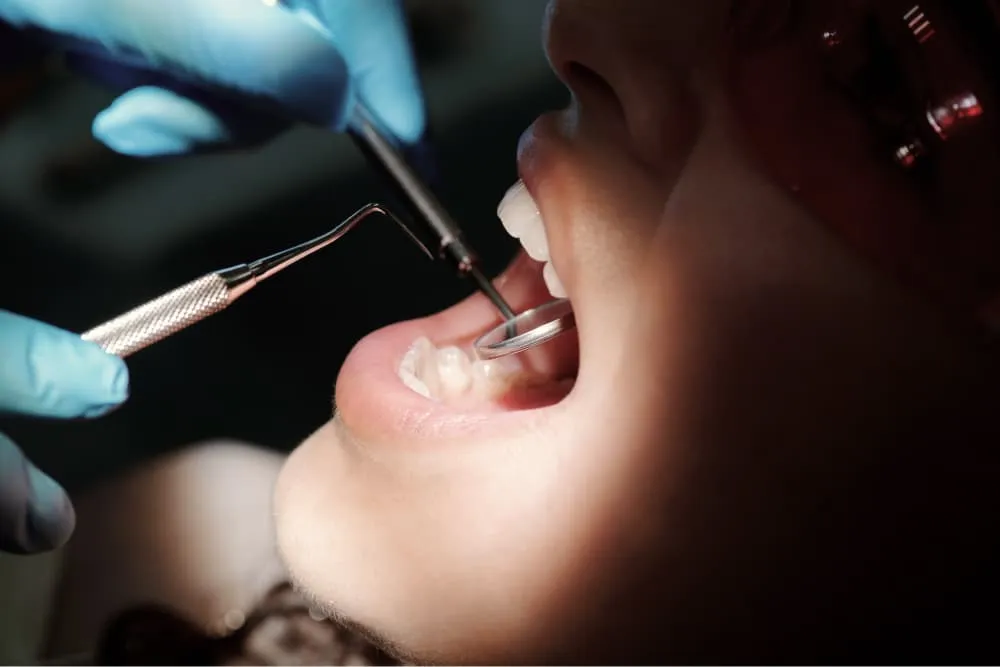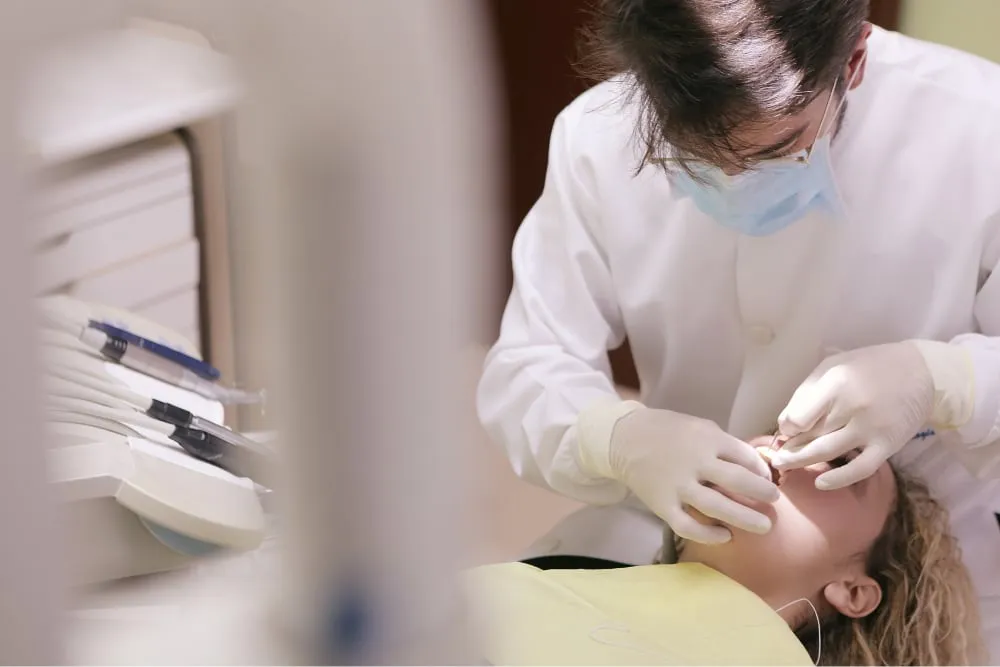How does bulimia affect your periods?
Eating disorders like bulimia nervosa may be mental health disorders, but they can have an outsized impact on physical health.
Any condition that affects your nutritional intake has the potential to affect your menstrual period. So when asking yourself, “can bulimia cause irregular periods,” there are a few things to consider.
Hormonal imbalances
Hormonal imbalances are the chief factor behind menstrual dysfunction. And the production of hormones—or disturbance thereof—is heavily impacted by eating behaviors.
One study found that all participating patients with bulimia nervosa had pathologically low levels of follicle-stimulating hormone (FSH), a hormone responsible for many aspects of sexual development and reproduction. Levels of luteinizing hormone (LH), the chemical responsible for spurring ovulation and producing many of the hormones needed to support pregnancy, were also significantly low.2
In the study, about one third of those with bulimia nervosa also had polycystic ovarian syndrome (PCOS), which is known to affect periods.2
Body weight
Bulimia nervosa, like many other eating disorders, often impacts body weight.
When body weight regularly fluctuates, as sometimes happens when people engage in purging and binge eating behavior, the changes can put pressure on the body's metabolic processes.1
These processes impact how the body absorbs and uses the nutrients it receives, and disruptions can lead to a disturbance in hormone production and other factors that may lead to irregular menstrual periods.1
When body weight regularly fluctuates, as sometimes happens when people engage in purging and binge eating behavior, the changes can put pressure on the body's metabolic processes.1 These processes impact how the body absorbs and uses the nutrients it receives, and disruptions can lead to a disturbance in hormone production and other factors that may lead to irregular menstrual periods.1
Low body weight is another common outcome of bulimia nervosa. This can also impact menstrual cycles, mostly through causing amenorrhea, or the loss of the period. Again, the connection between low body weight and irregular menstruation is primarily through the changes weight loss can have on hormonal production.4
Malnutrition
Malnutrition can potentially affect an individual's period, regardless of their weight.1
In general, certain vitamins, minerals, and nutrients play an important role in hormone production, and changes in these levels can result in menstrual disturbances and infertility.
Poor nutrition has also been connected to changes in the hypothalamus, essentially the brain's control center, which sends signals throughout the body to start and stop any number of internal processes. Lack of certain nutrients, vitamins, or minerals can cause this area of the brain to go into "survival mode," shutting down processes, such as menstruation, that are considered non-essential for short-term preservation.5
Bulimia and pregnancy
Aside from causing menstrual irregularities and other issues with menstrual function, bulimia nervosa can also impact pregnancy, or someone's ability to become pregnant.
Similar impacts the condition has on the body's hormonal system that cause irregular menstrual cycles can also prevent the body from ovulating, or releasing eggs, on a regular basis, making it difficult to get pregnant.6
Unfortunately, BN can also lead to problems during pregnancy, including a heightened risk for miscarriage, premature birth, and low birth weight. Some studies have also connected the condition to a higher chance of experiencing postpartum depression.6
How to help correct periods affected by bulimia
Menstrual irregularity caused by bulimia nervosa or other eating disorders can be addressed through several methods, primarily involving techniques to help regulate hormone production.
Hormone treatments
Some medical experts recommend clinical hormonal treatment to help produce regular periods again.Many types of contraceptives, including hormonal birth control pills, hormone-releasing Intrauterine devices (IUDs), birth control patches, and the Depro-Provera shot can help regulate the period by introducing measured amounts of hormones into the body at a steady and regular pace.7
Cyclic progestogen, or a course of treatment involving certain pills containing certain hormones, can also potentially help.8 Though, not all doctors recommend this course of treatment. And many experts say that the focus should be on treating any underlying conditions, such as bulimia nervosa, which may be causing menstrual disruption.8
Eating to support hormone production
Certain dietary changes may also be able to help promote hormonal production in a way that can help naturally regulate the menstrual cycle.
Certain foods, herbs, and spices that are high in phytoestrogens and phytoprogestins, or compounds that produce similar effects in the body as estrogen and progesterone, could be used to naturally boost certain internal processes.3
Herbs like black cohosh, yam, licorice, red clover, thyme, turmeric, hops, damiana, oregano, and verbena have been shown to have capacity to raise or lower hormonal levels in the body. Other foods, such as soy milk, may also impact hormonal levels in ways that are helpful.3
Still, these herbs may have other effects on the body that can interfere with preexisting conditions. Before making any major change to your dietary regimen, it's important to consult with a doctor or nutritionist.
Finding treatment for bulimia nervosa
Losing your period, having an unreliable period, or experiencing difficulty getting pregnant can be profoundly upsetting experiences. But, with the right kind of treatment, these conditions can be reversed.
When looking for help with period regulation, it's essential to treat underlying causes, such as bulimia nervosa. Treatment for BN should be multidisciplinary, addressing the many emotional, physical, and psychological factors that drive or maintain the condition.
Treatment for BN should be multidisciplinary, addressing the many emotional, physical, and psychological factors that drive or maintain the condition.
In cases where your menstrual cycle is effecting, consulting with a dietitian can be especially helpful, to establish a meal plan which may contain supplements that are appropriate for your body and the symptoms you're going through.
And, as with all manner of healing, patience is key. It can take months after starting treatment for your period to return, or to come back on a regular cycle. But with a commitment to treatment and healing, it's possible to see your body return to its natural functions and capabilities, and keep on moving toward a healthier future.


































